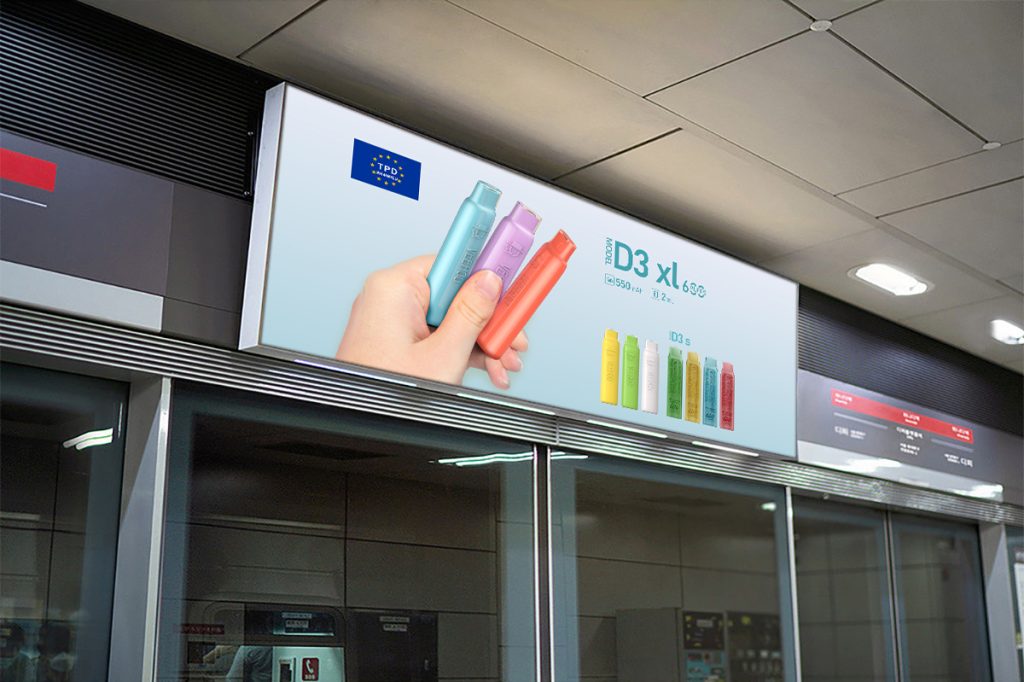The Brazilian National Health Supervision Agency (Anvisa) announced a ban on vapes in 2009, resulting in the vape market remaining illegal in Brazil. However, according to data from the Brazilian Institute of Economics and Applied Economics (IPEA), approximately 2.2 million people in Brazil are currently using vapes. Against this background, the Brazilian Senate will hold a public hearing this Thursday, September 28, to discuss the possible standardization of the vape market. This move is expected to bring many opportunities to Brazil, including the creation of approximately 115,000 new jobs.
vapes have gained widespread attention and use globally as an alternative to traditional tobacco products. However, due to the health risks and lack of regulation of vapes, many countries are considering regulating and regulating this market. Brazil is also aware of this problem and has begun to explore whether it is necessary to standardize the vape market.

The public hearing will serve as a platform to discuss the legalization of vapes, attracting interest and participation from all parties. Attendees will include government officials, health experts, industry representatives and public interest groups. They will discuss the potential risks of vapes, regulatory measures and how to balance public health and personal choice.
For the vape industry, if Brazil decides to standardize this market, it will bring huge business opportunities and development potential. According to vape manufacturer Veehoo, the legalization of the vape industry will create approximately 115,000 new jobs in Brazil. This will have a positive impact on Brazil’s economic development and employment rates.

However, to regulate the vape market, a series of measures need to be taken to ensure product quality and safety. As an vape brand with ten years of vape factory experience, Veehoo emphasizes product quality and focusing on sustainable development as the key. They said they will continue to work on developing high-quality vape products and complying with any new specifications and standards. In addition, they also emphasize building consumer trust through compliant and transparent operations to ensure the sustainable development of the market.
Regulating the vape market would also bring other benefits to Brazil. Legalization will give regulators greater control over a product’s ingredients and manufacturing process, ensuring its quality and safety. Additionally, legalization would provide the government with more tax revenue and reduce the presence of the illegal market.

However, some people remain skeptical about the health risks of vapes. They worry that vapes could become a gateway to smoking for teenagers, as well as the potential health effects on long-term users. These concerns need to be properly considered when developing norms and regulatory measures to balance the interests of public health and individual choice.
Overall, Brazil’s brewing move to regulate the vape market is an example of the current global effort to regulate the vape industry. This move will bring business and employment opportunities to Brazil and help ensure the quality and safety of vape products. However, when formulating norms and regulatory measures, public health and individual rights of choice need to be considered comprehensively, and the potential impact of vapes on the health of adolescents and long-term users needs to be paid close attention to. Only through reasonable and balanced measures can the vape industry achieve sustainable development in Brazil.
Tags: Brazilian vape market,Brazilian vape market,vapes in brazil
